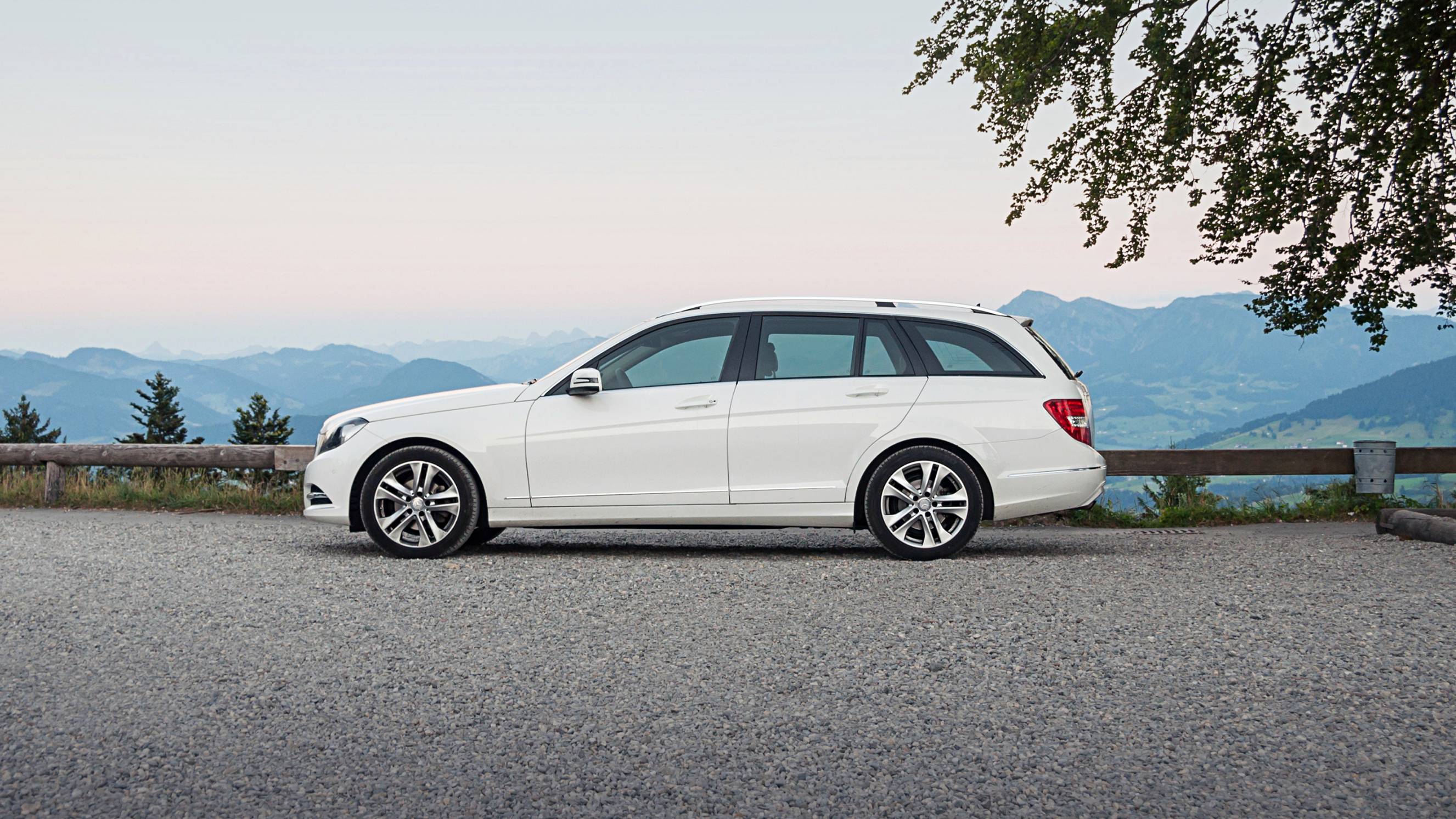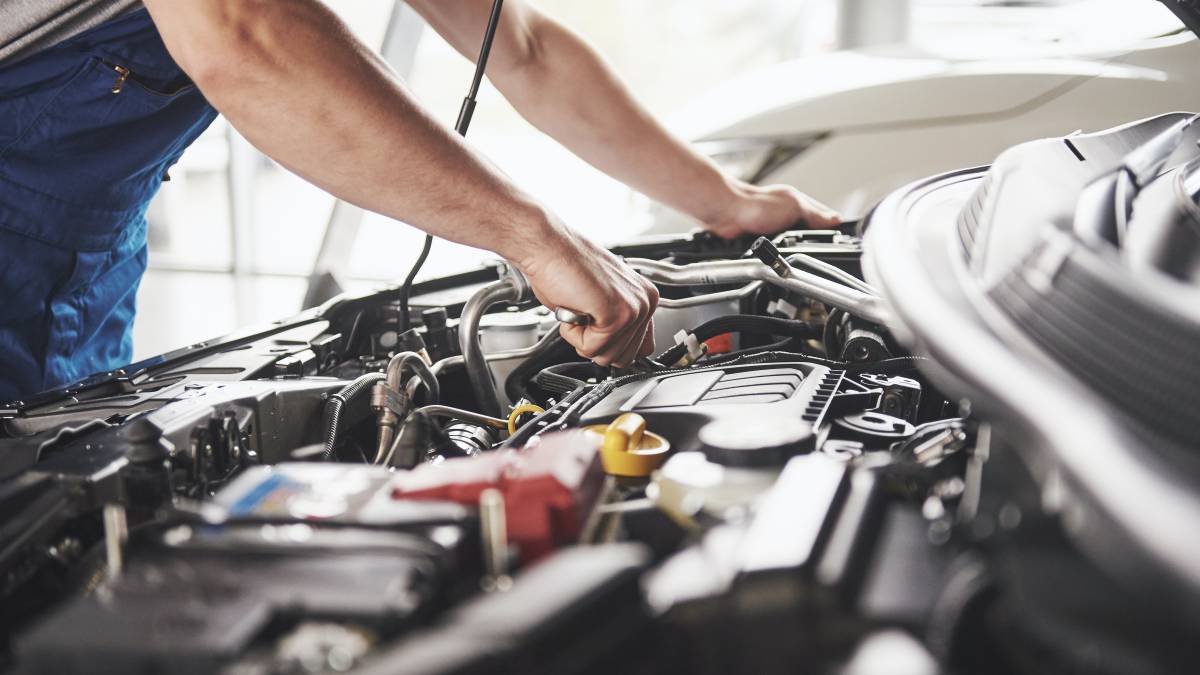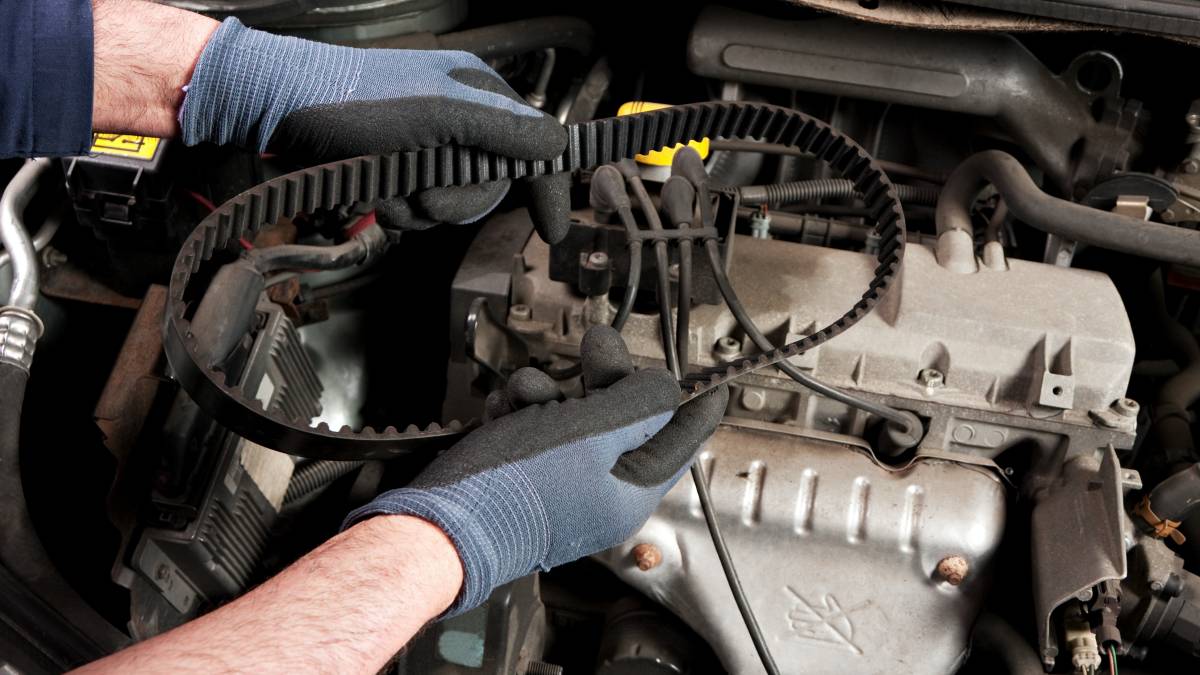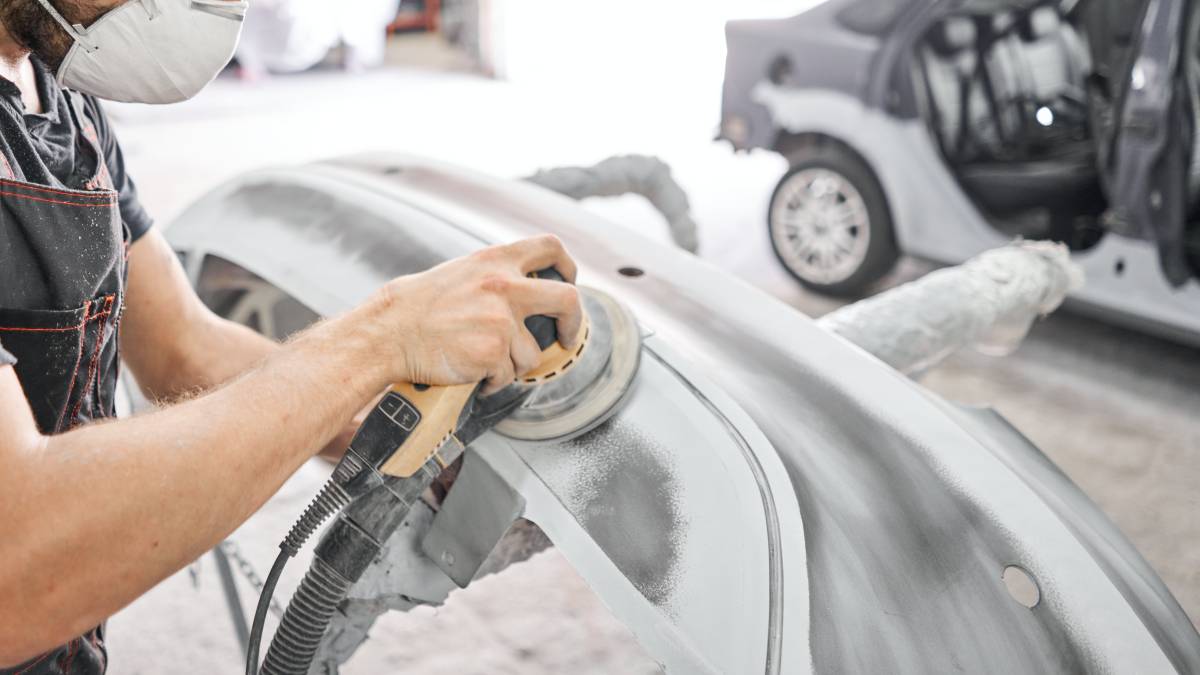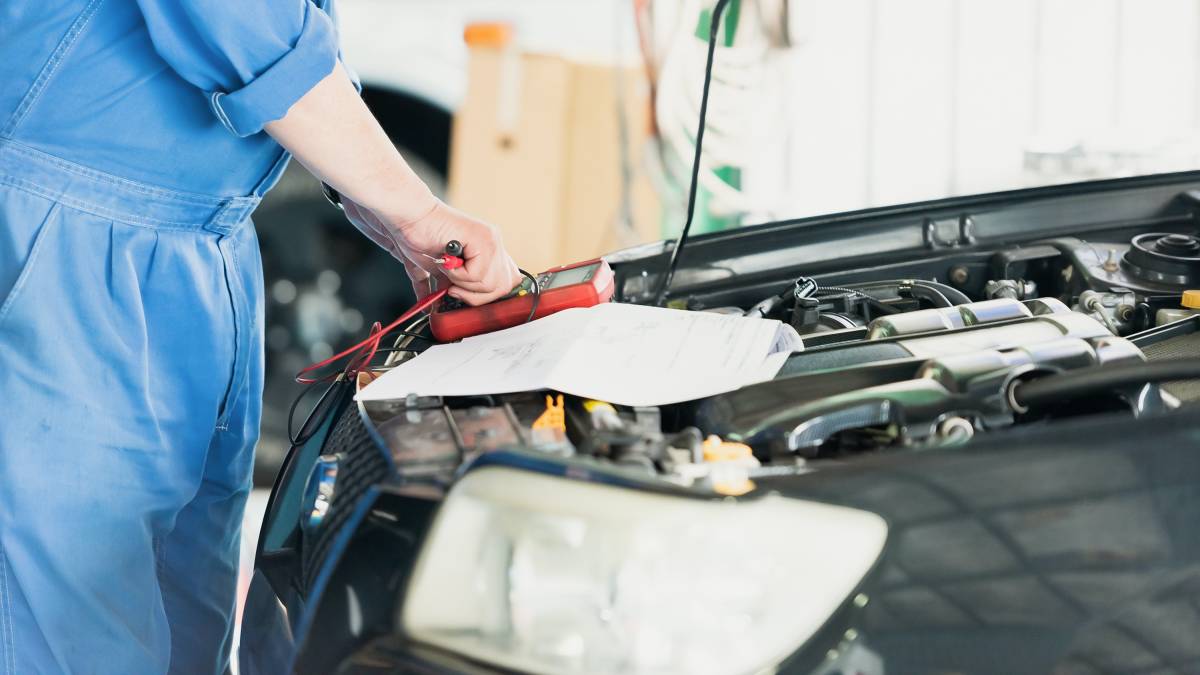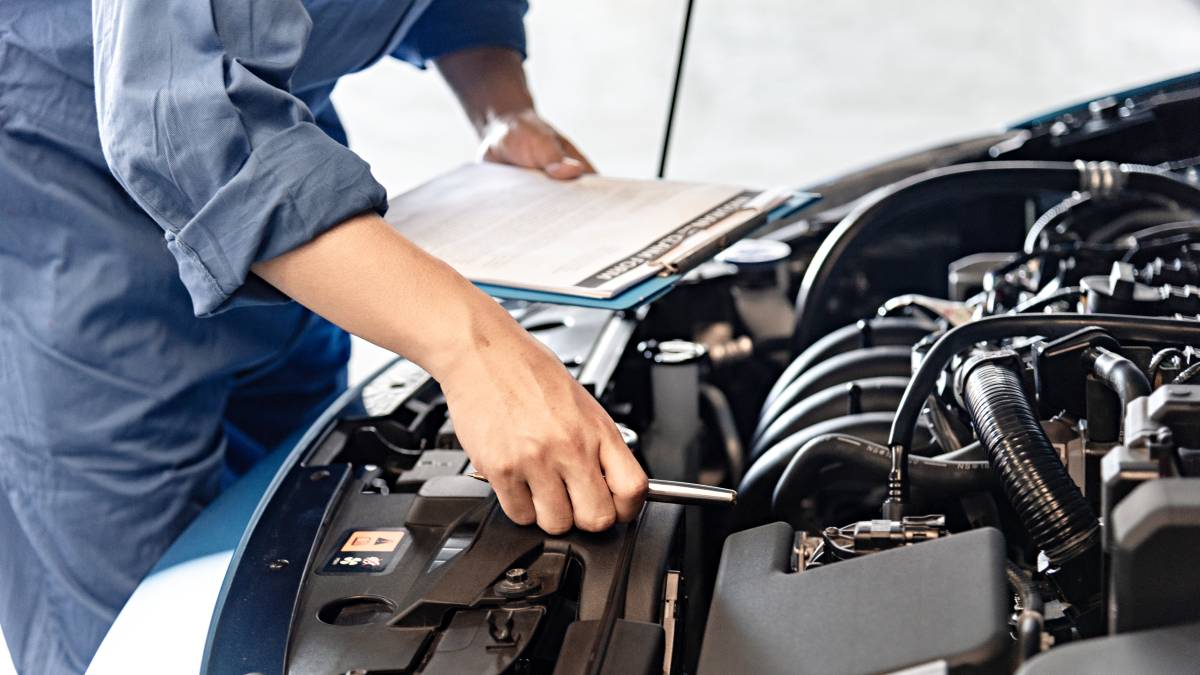- Home/
- Comparisons/
- Car Service/
- Hatchback vs Saloon
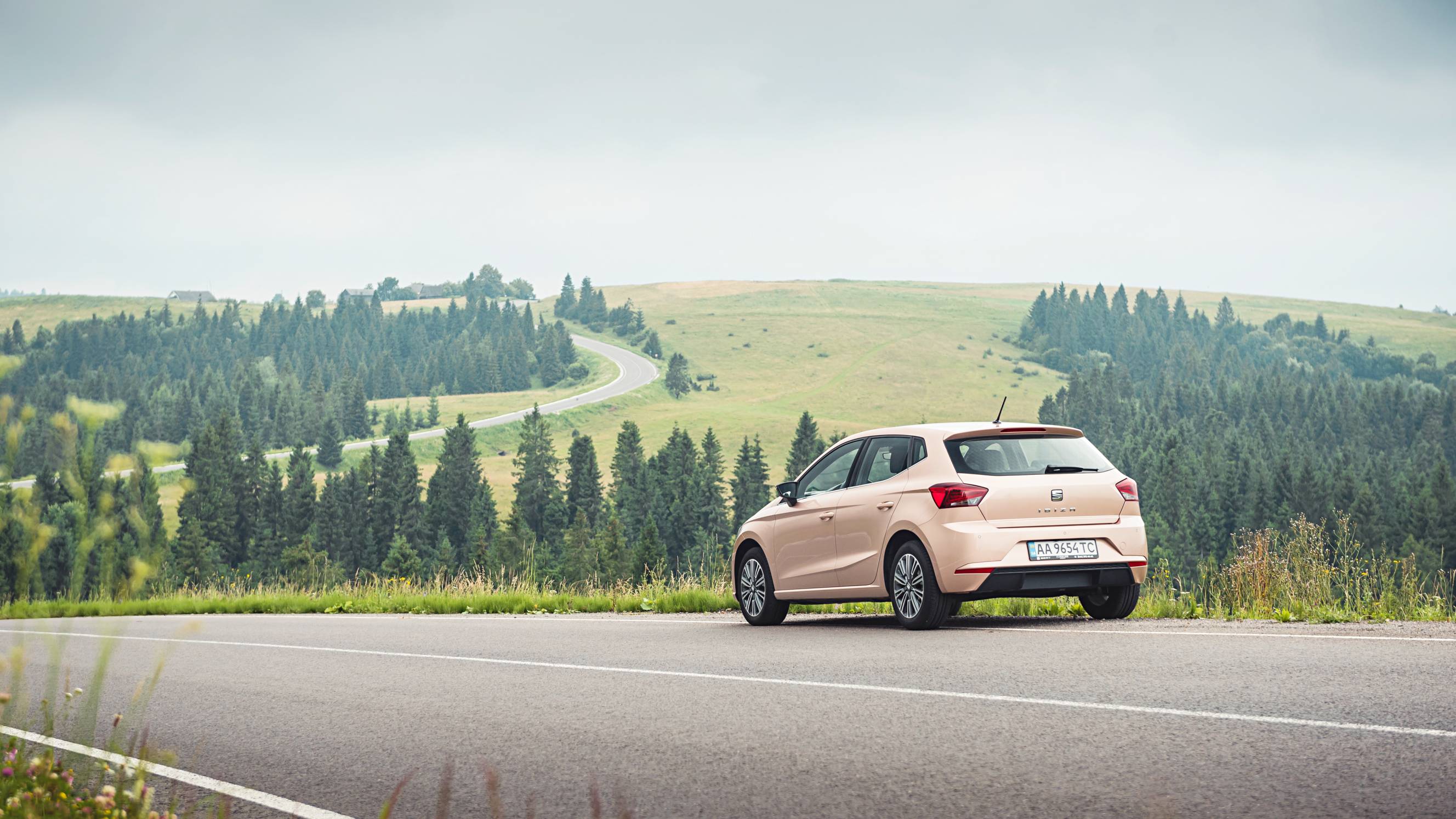
Hatchback vs saloon: Which should you get?
Comparing hatchbacks and saloons based on body style, passenger comfort, and more
Have your car servicedPublished on
Key Facts
- A hatchback is a two-box body type wherein one ‘box’ houses the engine and the other houses the passenger compartment and cargo space. Hatchbacks can have 3 or 5 doors, including the rear hatch.
- A saloon is a three-box body type, meaning there’s a separate box for the engine, passenger compartment, and boot. This is your everyday 4-door passenger car.
Selecting a car isn’t always a straightforward process. You’ll need one that fits your budget, matches your lifestyle, and provides a smooth driving experience. Usually, first-time car buyers have to choose between a hatchback vs saloon car.
Both have unique features, so if you’ve never been a car person or owned a car before, you may need some guidance. Whether you prioritise practicality, style, or performance, understanding the differences between saloons and hatchbacks can help you choose well. So, what’s up with these two car body types?
What is a hatchback car?
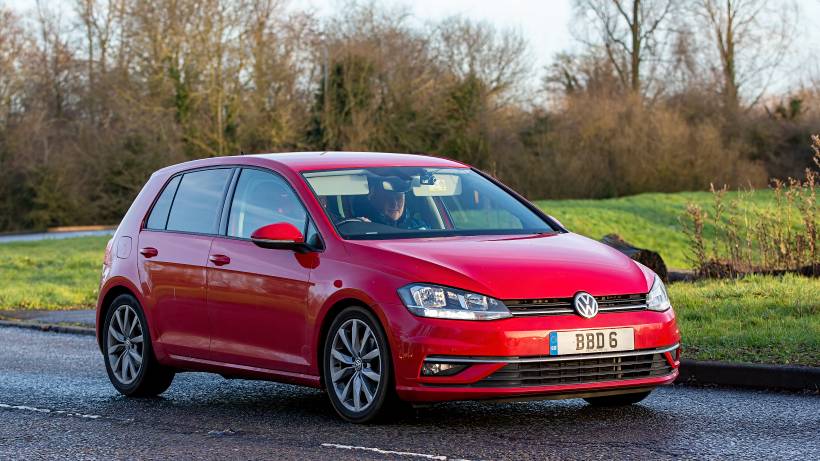
The main characteristic of a hatchback is that it does not have a separate boot. It has a rear door with a rear window that is hinged to the roof and opens upward, exactly like a hatch, to access the cargo area.
Most hatchbacks use a two-box body style, which means that one houses the engine and the other the passenger compartment and cargo space. Because of their compact size, they are marketed as city cars, easy to maneuver and zip in traffic.
While often seen as ideal starters for young, single drivers, these versatile vehicles can comfortably accommodate growing families.
What is a saloon car?
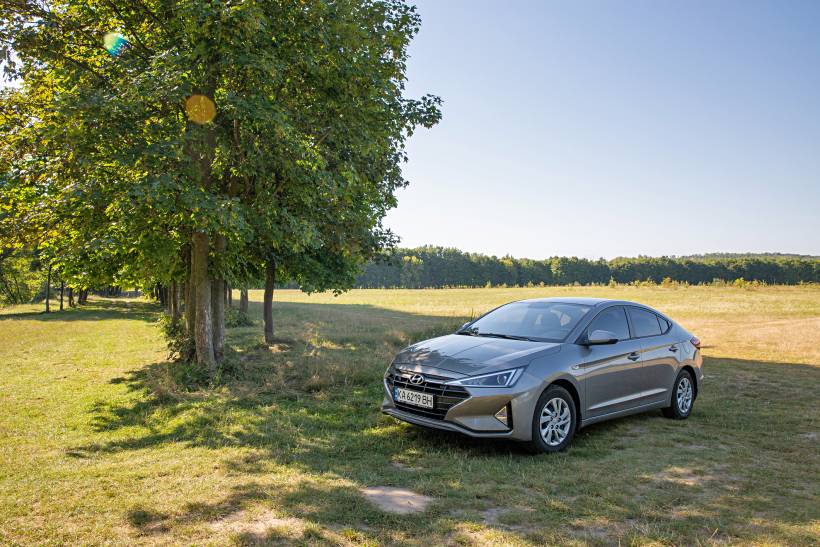
Saloons are your everyday passenger cars with 4 doors and a traditional boot. Unlike a hatchback, a saloon uses a three-box design. The first ‘box’ houses the engine, the second is for the driver and passengers, and the third is the boot. Saloons are great city and family cars, and they’re instantly recognisable among other car body styles.
Saloon vs hatchback: Which is better for your needs?
When deciding between a saloon car vs hatchback, several factors come into play. Here’s a breakdown of key differences between a hatchback and saloon to help you make the right choice:
In terms of cost
Generally, hatchbacks are more affordable than saloons. They often have lower starting prices and can be more cost-effective in terms of fuel economy, overall maintenance, and car servicing costs.
While they may come with a higher initial price tag, saloons can offer more features and a smoother ride, which may justify the additional expense for some buyers.
In terms of body style
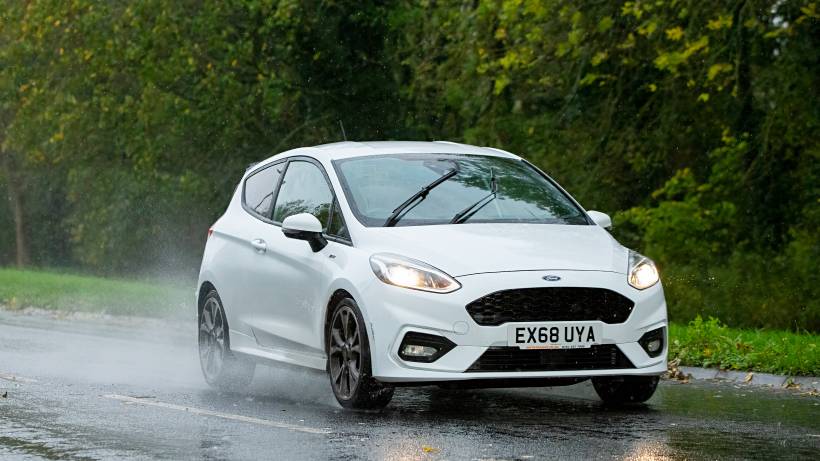
Most hatchbacks are known for their practicality, having a rear liftgate that provides easy access to the cargo area. Because of their smaller size, some hatchback designs are hip and quirky. They are often favoured for their urban manoeuvrability. Plus, if you plan to wash your car and save money by detailing it yourself, a hatchback will make it easier for you.
On the other hand, saloons typically have a more traditional car body style with a separate trunk compartment for ample luggage space. Saloons offer a sleeker appearance and may appeal to those seeking a more upscale look.
In terms of passenger comfort
While hatchbacks can offer ample space for passengers, you usually have less extra space. Their rear seats may feel slightly cramped due to the sloping roofline.
In contrast, saloons often provide more space for everything. Separate compartments, more boot space, and more legroom and headroom for rear passengers make them a better choice for long journeys.
In terms of cargo space
While hatchbacks have smaller initial cargo space, they can make room for more due to their folding rear seats. You can transport bulky items or gear for your outdoor activities, albeit at the cost of carrying fewer people.
Meanwhile, most saloons come with a spacious boot without compromising rear passengers’ comfort. However, compared to the foldable, open cargo area of hatchbacks, their design limits the size and shape of items that can be accommodated.
In terms of performance
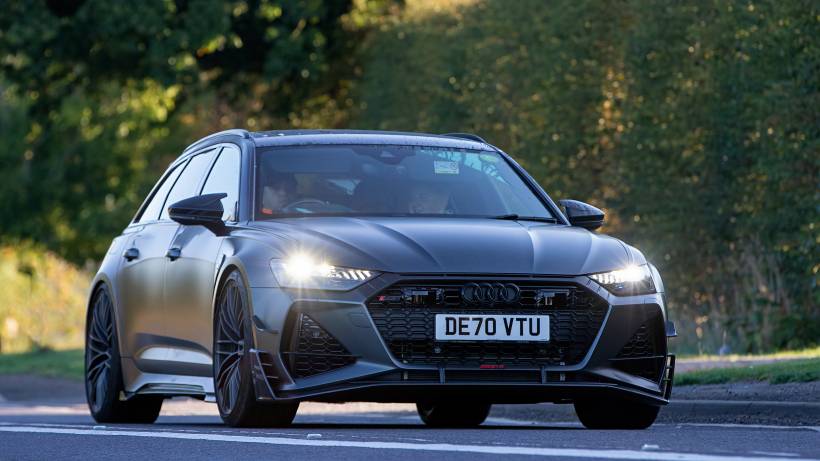
Hatchbacks are often praised for their nimble handling and agility, especially in urban environments. They typically offer responsive steering and efficient engines suited for city driving. Except for sports hatchbacks, they have less power than your typical saloon.
As for saloons, they may provide a smoother driving experience, particularly at higher speeds on the highway. They often have powerful engine options and a focus on comfort.
In terms of maintenance
Generally, hatchbacks are known for their reliability and fewer car service requirements. Depending on the make and model, their simpler design and highly available parts result in fewer car repair expenses.
Saloons often have advanced technology and luxury features that may need frequent maintenance. Parts should not be an issue if you plan on getting a popular model in the consumer market, making it easier to find an expert mechanic.
In terms of eco-friendliness
Due to their smaller size and lighter weight, hatchbacks produce less emissions. While some saloons may offer hybrid or electric options for improved efficiency, they generally require larger engines and more fuel.
However, there are exceptions among car types in the UK. A high-powered hatchback will consume more gas than a hybrid vehicle or a regular hatchback. To illustrate, you can expect an Audi TT to guzzle gas like juice compared to a Volkswagen Golf, a Ford Focus, or a modest SUV. But in the same breath, a Mini Cooper or a Honda Civic hatchback can consume more petrol than standard hatchbacks and saloons.
Care for your hatchback or saloon with Airtasker
Once you’ve decided between a hatchback and a saloon, make sure your vehicle is in top condition. From routine maintenance tasks to specialised services such as car bodywork, Airtasker conveniently connects you to a community of professionals who can address your car care needs.
Whether it’s thorough interior detailing, regular oil changes, or even minor repairs, skilled Taskers are ready to lend a hand. With Airtasker, maintaining your hatchback or saloon is easier. Simply post a task, choose a Tasker, and enjoy peace of mind knowing your vehicle is in good hands.
Hatchback vs saloon
| Hatchback | Saloon | |
| Cost | Lower |
Higher |
| Body Style | Modern |
Classic |
| Passenger Comfort | Less space, especially for rear passengers |
More space for passengers and objects |
| Cargo Space | Expandable |
Fixed |
| Performance | Easy to steer through traffic |
Fast and steady on highways |
| Maintenance | Easier |
Harder |
| Eco-friendliness | Lower carbon footprint |
Higher fuel consumption |
FAQs on hatchbacks and saloons
Yes. These eco-friendly alternatives offer greater fuel efficiency and potentially lower emissions, making them a popular choice for drivers looking for a balance between practicality, performance, and environmental consciousness.
Yes. While some saloons might boast more legroom or trunk space due to their size, features like sunroofs, heated seats, and top-tier sound systems are all widely available in hatchbacks. It really depends on the specific model and trim level you’re comparing.
Generally, saloons hold their resale value slightly better than hatchbacks. This is because saloons offer more space and luxury, which can appeal to a wider range of buyers in the used car market. However, the gap between resale values is narrowing as hatchbacks become increasingly practical and feature-rich.
Find car service, fast
Post a task
Related articles
Related price guides
